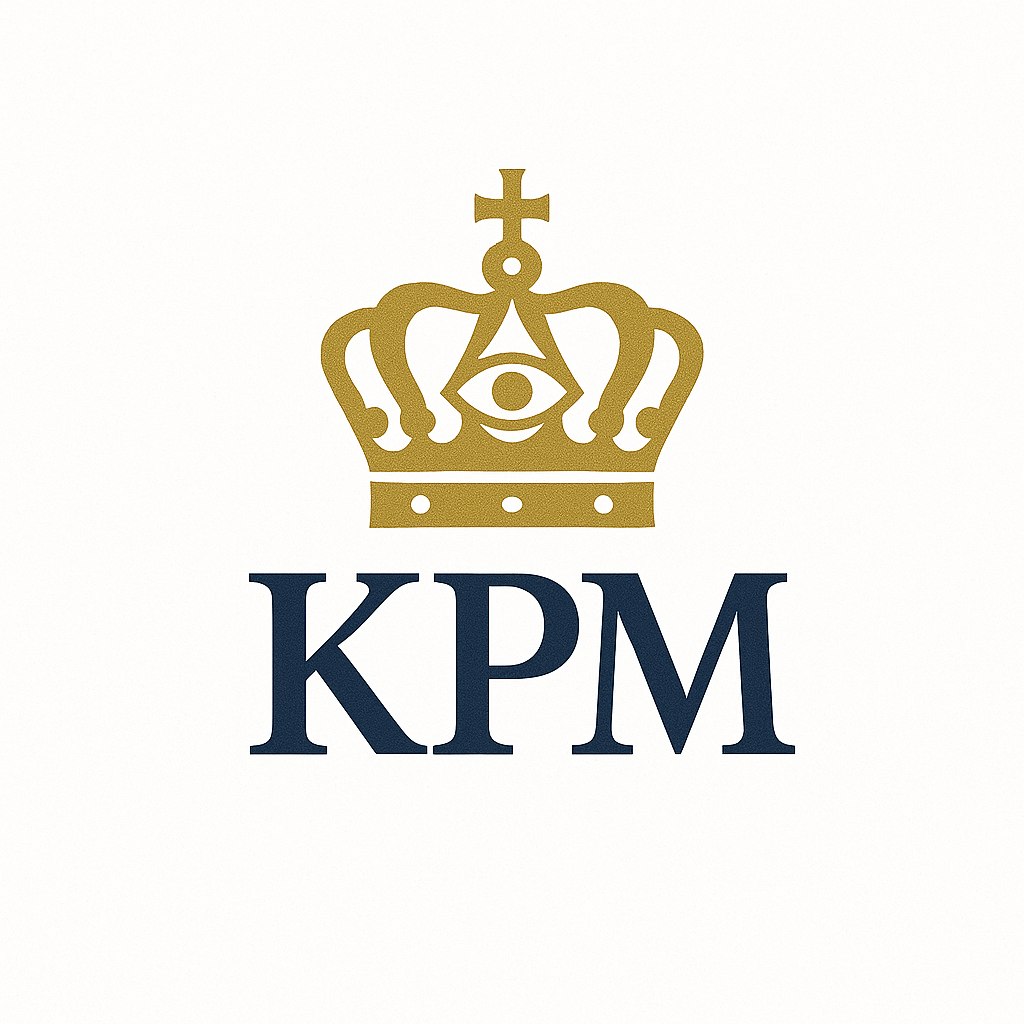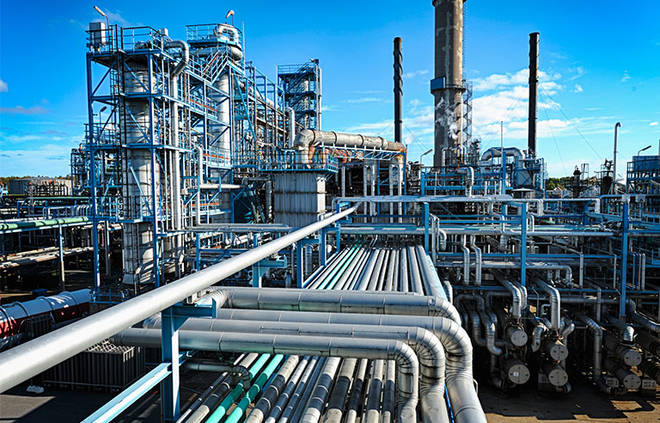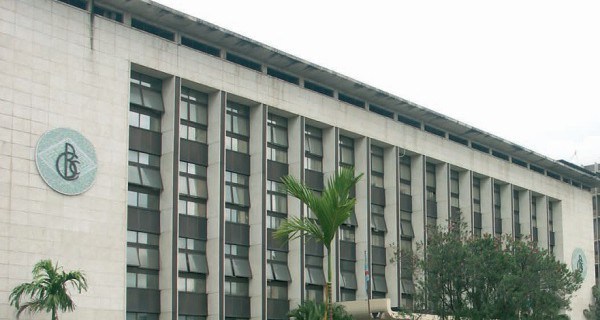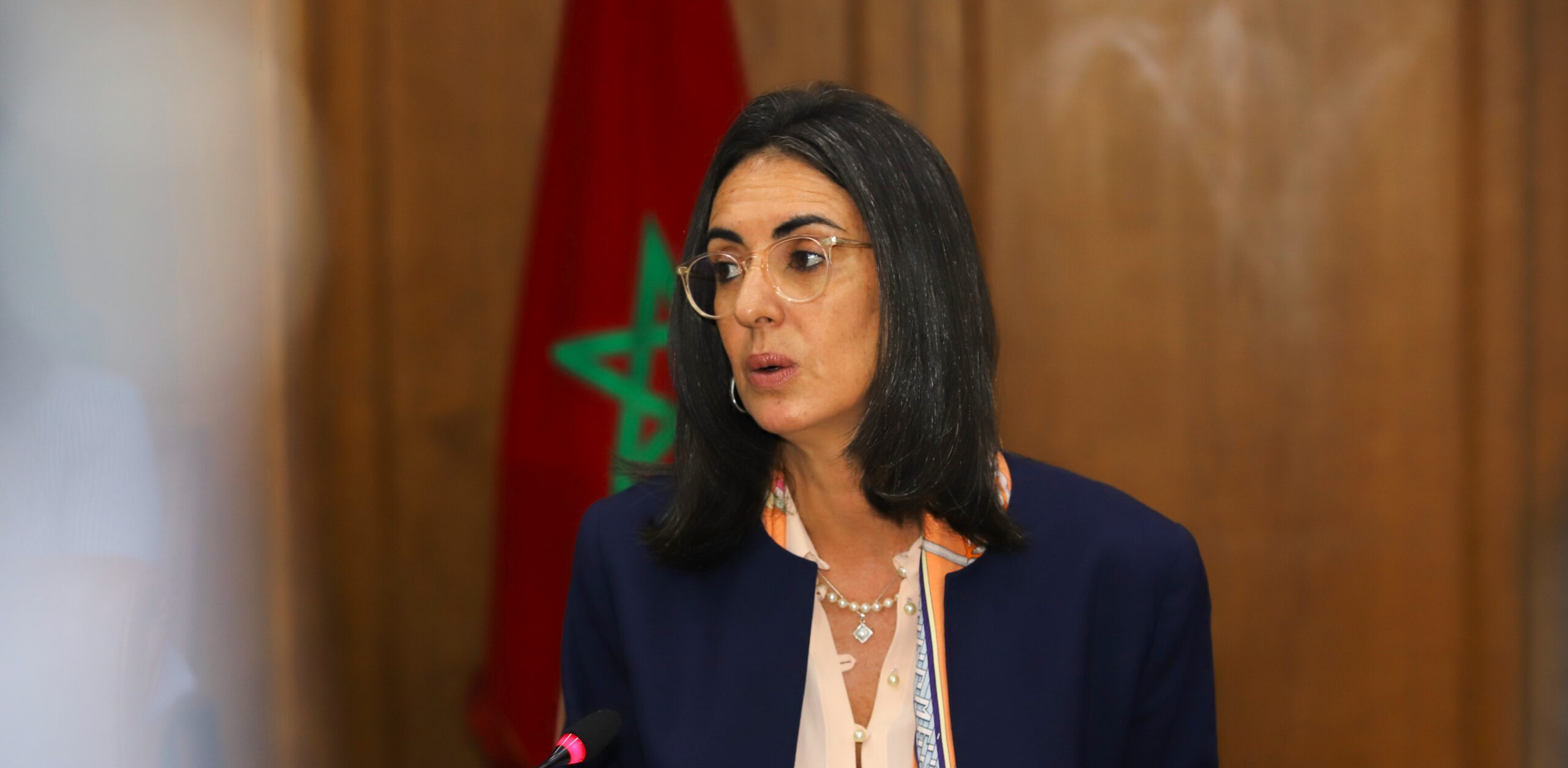When Politics Meets Markets: Sarkozy, Scandal, and France’s €2.9T Bond Market
Sarkozy’s guilty verdict is historic, but OATs remain stable. France accounts for 15% of euro area GDP, with €2.9T public debt and euro reserves near 20% globally—proof markets care more about fundamentals than old scandals.

Nicolas Sarkozy’s conviction on charges of criminal association and illegal financing tied to his 2007 presidential campaign is a historic moment for France and Europe. It is the first time a former French president has been sentenced to prison for corruption of this scale, receiving a five-year sentence. The verdict raises a natural question: should global markets care?
On one side of the argument, the answer leans yes. France is the world’s seventh-largest economy with a GDP of roughly $3.2 trillion in 2024, contributing nearly 15% of euro area GDP. Its government bond market, the OATs, is one of the deepest in Europe, with more than €2.9 trillion in outstanding public debt. Even a small shift in investor sentiment toward French political institutions can ripple into the euro sovereign curve. A 10-basis-point spread move on French 10-year yields—currently hovering around 3.1% versus Germany’s 2.5% Bunds—translates into billions of euros in additional financing costs over time. For investors benchmarked to the iTraxx Europe CDS index, France’s political risk premium is material, and political instability could feed into higher default protection costs across the bloc.
Governance credibility also matters for the euro. France anchors EU policymaking, particularly in budgetary debates, fiscal reform, and defense spending. If Sarkozy’s conviction feeds into a broader narrative of corruption among French elites, the euro could face sentiment pressure, especially in a global environment where the currency has already slipped from $1.12 in mid-2023 to about $1.06 in late 2025. Markets are sensitive not just to fiscal ratios but also to the perception of institutional integrity. Moreover, France’s historical and ongoing role in Africa—covering countries with a combined GDP above $800 billion and where French banks such as Société Générale and BNP Paribas maintain large footprints—means that any reputational weakening can spill into frontier market sentiment. Investors in African eurobonds, from Côte d’Ivoire to Senegal, often rely on French diplomatic and financial backstops; questions over Paris’s moral authority may indirectly influence risk appetite.
Yet there is also a strong case for why global markets should not overreact. Sarkozy is no longer in power; his conviction relates to events nearly two decades old. The current government under President Emmanuel Macron maintains stable control, and French institutions have demonstrated resilience. The fact that a former president can be tried and sentenced also shows the strength of the rule of law, not its weakness. Investors typically separate legacy scandals from fiscal fundamentals. France’s debt-to-GDP ratio stands at 111% in 2025, high by eurozone standards but still supported by deep domestic savings and European Central Bank backstops. Bond spreads to Germany remain moderate compared to the euro crisis period, when the OAT-Bund spread blew out to 150 basis points in 2011; today it is closer to 60 basis points. The euro has weathered worse scandals without losing its role as the world’s second reserve currency, still accounting for ~20% of global FX reserves.
For equity investors, the conviction is unlikely to dent corporate earnings or valuations. The CAC 40 index, at around 7,400 points, trades largely on global factors such as interest rate expectations, China demand, and energy prices. French banks, though politically sensitive, are capitalized well above Basel III minima, with Tier 1 ratios above 13%, leaving them insulated from political shocks of this nature. Markets have largely shrugged off Sarkozy’s previous legal battles, and there is little evidence that this conviction alone will trigger capital outflows.
The critical thinking lies in recognizing the dual lens. Symbolically, this is a blow to French political credibility that could, at the margins, add to global investors’ skepticism about governance risks within Europe. In a world of tight spreads and higher-for-longer interest rates, even small reputational shocks can tilt bond pricing. But practically, the Sarkozy verdict is backward-looking, tied to historical misconduct, and unlikely to derail France’s fiscal trajectory or its systemic role in Europe.
In sum, the Sarkozy case should matter insofar as it reinforces the premium investors place on governance and institutional trust in major economies. But it should not matter in the sense of immediate pricing or volatility across French or global markets. The key risk is if such scandals accumulate, feeding a narrative of elite impunity that undermines confidence in French politics at large. For now, the markets are right to acknowledge the symbolism while keeping their eyes fixed on the fundamentals: debt sustainability, growth prospects, and ECB policy.





